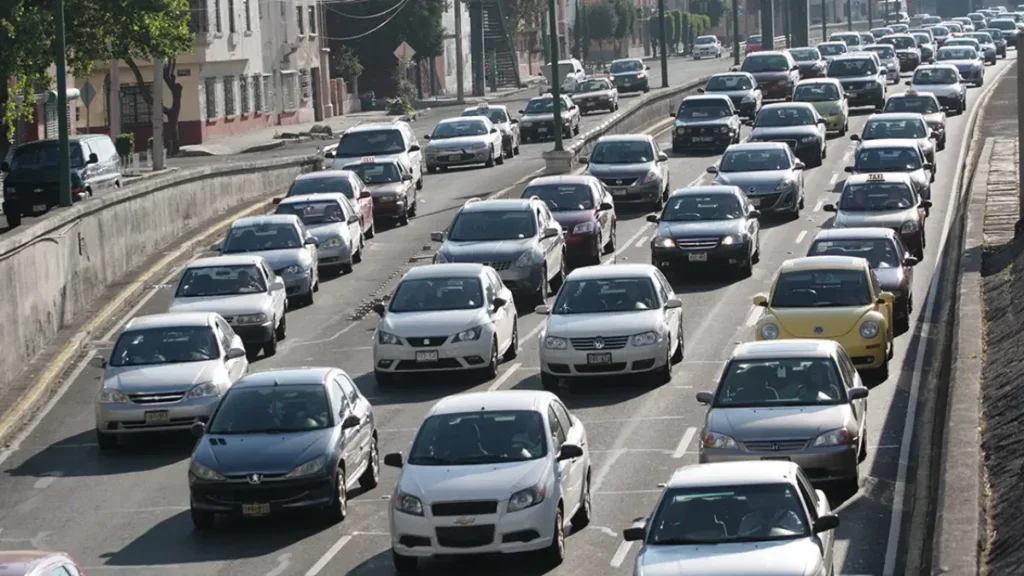The Time Crunch: Mexicans Spend Significant Hours Commuting
According to a report by the Economic Commission for Latin America and the Caribbean (CEPAL), Mexicans spend an average of 71 minutes commuting via public transport and 52 minutes driving their own vehicles to work. This equates to nearly a full workday spent traveling, limiting individuals’ ability to balance their professional and personal lives.
The Impact on Quality of Life
It’s common for employees to leave home two hours earlier than usual to avoid the increasingly frequent transportation issues in large cities like Mexico City. This time investment not only costs hours but also diminishes the quality of life, as it reduces the availability for leisure activities, relationships, and even sleep.
Expert Insights on Commuting’s Effects
Manuel González Ramírez, a business and human resources consultant, emphasizes that the hours lost in commuting could be used for personal life balance. He states that losing three or four hours a day significantly impacts not only one’s quality of life but also increases stress and anxiety levels.
Yoann Bonnet, Director of Robert Walters for Mexico, adds that excessive commuting time affects not only interpersonal relationships but also labor performance. Arriving at work irritable due to traffic can lead to defensive reactions when receiving constructive criticism, hindering personal and professional growth.
The OCDE’s Perspective on Long Working Hours
According to the OCDE’s “Index for a Better Life,” Mexico has the highest percentage of individuals with extended working hours at 27%, followed by Turkey (25%) and Colombia (nearly 24%). Longer working hours mean less time for other activities, such as socializing, leisure, eating, or sleeping, which are crucial for overall well-being and can positively impact physical and mental health.
Mexicans work more annual hours than the OCDE average and have one of the longest average daily commuting times, surpassed only by Japan and South Korea.
Challenges for Working Parents
These time constraints complicate work-life balance and pose significant challenges for parents, especially single mothers, as more of them enter the workforce.
Recommendations for Managing Commuting Stress
Personal Discipline and Emotional Preparation: Manuel González advises workers to reflect on their emotional readiness before commuting. Meditating or taking a moment to understand the long process ahead can help manage stress and anxiety upon arrival.
Company Flexibility: Yoann Bonnet stresses that companies must reflect on and adapt to remain competitive, not just in their markets but also regarding employee well-being.
Key Questions and Answers
- Q: How does commuting affect work-life balance? A: Commuting can consume nearly a full workday, limiting the time available for personal activities and relationships.
- Q: What are the psychological impacts of long commutes? A: Long commutes can increase stress, anxiety, and mental exhaustion, affecting both work performance and personal life satisfaction.
- Q: How can employees manage commuting stress? A: Employees can practice emotional preparation before commuting and advocate for company flexibility in work hours and locations.
- Q: What does the OCDE say about extended working hours? A: The OCDE’s report indicates that longer working hours reduce time for other activities crucial to overall well-being and can negatively impact physical and mental health.






